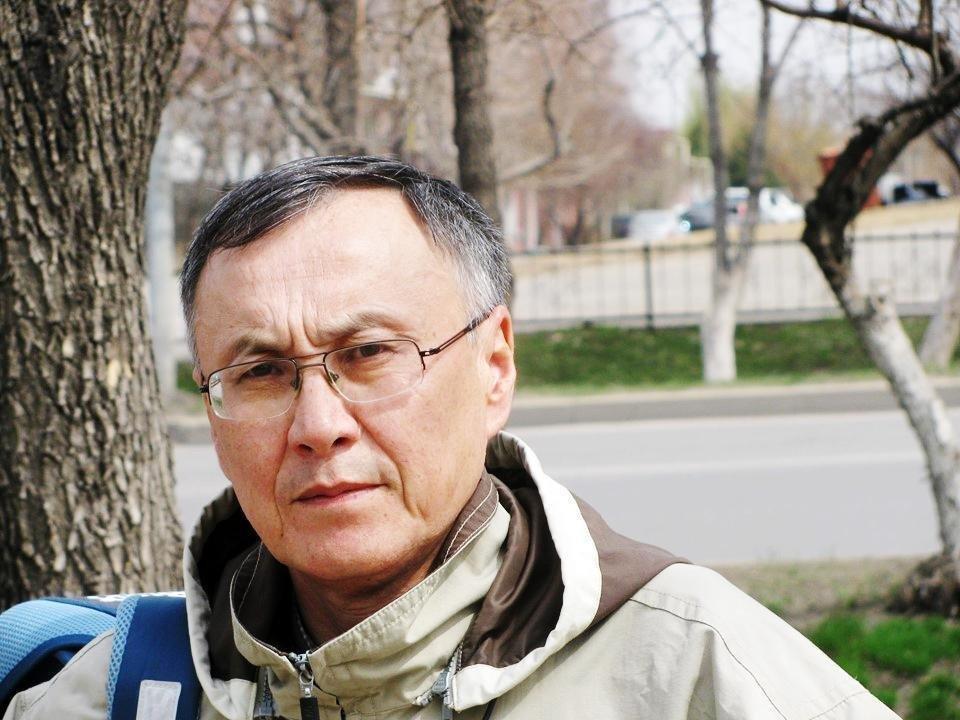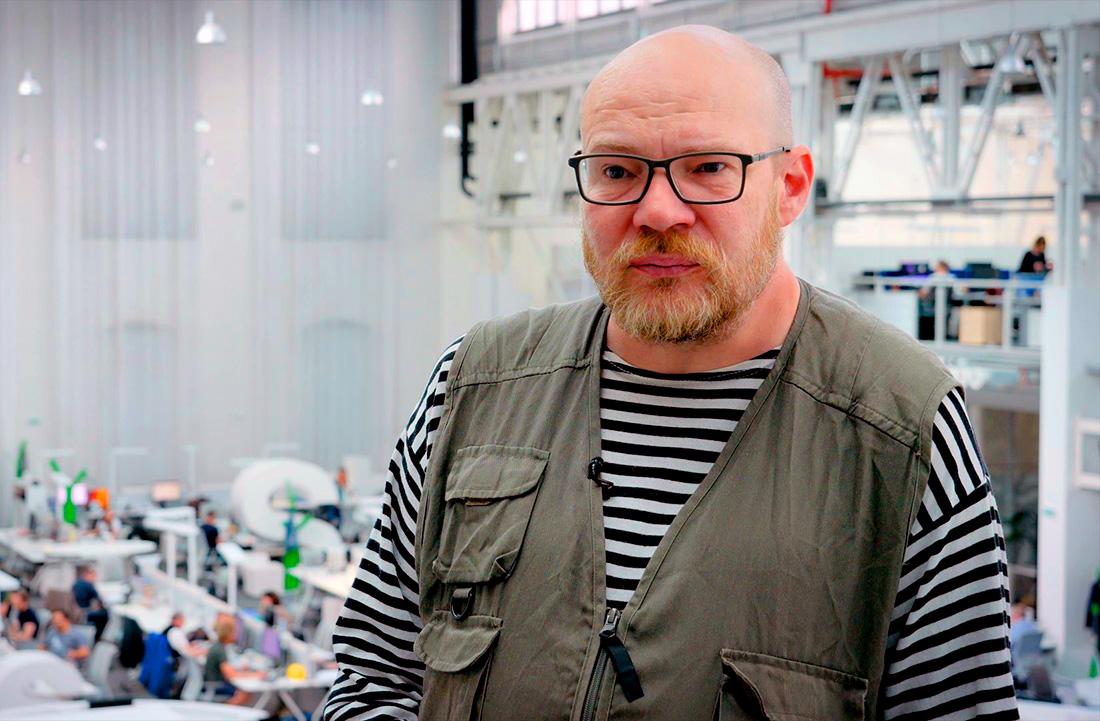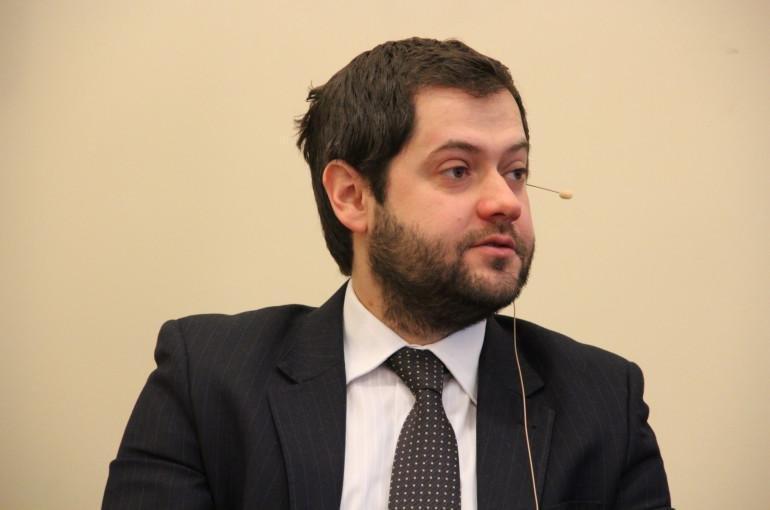Armenia’s European dreams: Geography cannot be overruled Expert insights
On June 21, hearings will be held in the National Assembly of Armenia regarding a referendum on the country's membership in the European Union. In this connection, an extraordinary meeting of the Parliament's Standing Committee on European Integration was convened, Armenian media reports.
The proposal for the referendum was put forward by the "Platform of Democratic Forces of Armenia," which unites several political forces - the "Republic" party, the "Christian Democratic Party," "For the Republic," and the "European Party of Armenia." The leader of the "For the Republic" party, Arman Babajanyan, stated that the purpose of the referendum is to increase the resilience and vitality of Armenia.
This is a very intriguing initiative, but aren't Armenian politicians rushing too much? After all, it is well known that Armenia is already part of several political-economic and military alliances close to Moscow, in particular, the Eurasian Economic Union (EAEU) and the Collective Security Treaty Organization (CSTO). And the country's membership in these is completely incompatible with the desire to join the EU. So what will be the practical implications of this referendum, even if it takes place? And what could be the reaction to it in Brussels and in the Kremlin?
Foreign experts responded to these questions for Caliber.Az.

Kazakh political analyst and international affairs expert Kazbek Beysebayev reminded us of a famous scene in a Soviet comedy where a character makes a toast saying, "Let's drink to our wishes and opportunities aligning!"
"The same applies to Armenia's accession to the European Union. Wishing is one thing, but opportunities are another. As a member of the EAEU, Armenia has certain advantages, primarily economic ones. To embark on the path to the European Union, Armenia would first need to leave the EAEU, meaning it would have to give up these advantages in advance. Whether Armenia is ready to take such steps is a big question. Moreover, the accession process is not quick and would take several years," the political analyst noted.
He also pointed out that the European Union itself has its own problems.
"Will the European Union remain in its current form? These questions also arise. Therefore, one can talk a lot about joining the European Union, but the distance from words to implementation is very great. As for Moscow's position on Armenia's hypothetical membership, Russia would lose very little from this," Beysebayev believes.

Expert on post-Soviet countries and correspondent for the international affairs department at Czech Radio (Prague) Ondřej Soukup emphasized that the idea of a referendum in Armenia regarding European integration naturally falls within the political realm.
"It cannot have any legal consequences. In other words, it is more of a declaration of intent. It can be compared, for example, to the 'referendum' in the separatist Transnistria a few years ago, where they declared a desire to become part of the Russian Federation. Or, in the upcoming presidential elections in Moldova, there will be a kind of referendum on the European choice. However, this cannot have practical consequences. In the described case, as I understand it, it is an attempt by Armenian politicians, who are very disappointed with Russia's position, to find some alternatives. But it is clear that geography cannot be overruled, and for now, this looks like some kind of wishful thinking on their part," Soukup believes.

Polish political scientist, PhD in Eastern Studies at the University of Warsaw, Konrad Zasztowt, noted that in his opinion, Prime Minister Nikol Pashinyan is currently deciding to hold a series of referendums, including one on the delimitation of the border with Azerbaijan, to strengthen the legitimacy of his government.
"It is important to consider the context of the quite turbulent protests against Pashinyan from the opposition, mobilized by Archbishop Bagrat. Although the protests did not overthrow the government, they undermined its popularity. Pashinyan does not want to take full responsibility for Armenia's foreign policy; he wants to share it not only with the political class but also with the entire society. This is probably why the referendums are being held," Dr. Zasztowt suggested.








